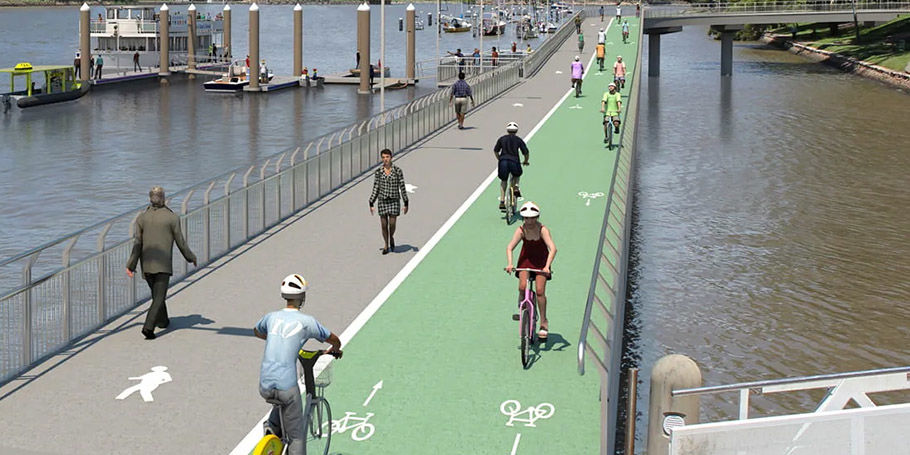Climate change is already causing severe impacts to urban life – from overheating and flooding, to increased migration and economic disruption. ‘Resilience’ has understandably become a priority that many city leaders are concerned about, but it can be a complex thing to understand and achieve.
The evolution of our towns and cities has typically been a slow and incremental process, often hundreds of years in the making. Yet in a few decades, climate change has begun upending many of the assumptions formed during that gradual development. Homes confidently built for cold climates are proving ill-suited for now regular heat waves. The need to densify urban centres, to meet the needs of growing populations, has left many cities without the natural green and blue infrastructure that could accommodate increased rainfall and flooding. Adapting to these new parameters, and protecting communities from the most extreme effects of climate change, are among the central goals of resilience planning.
Arup brings a wealth of relevant knowledge, having partnered with the most globally influential bodies to create a step-change in climate resilience, working with 100 Resilient Cities, founding the Resilience Shift and partnering with C40 Cities for over a decade. This work is helping cities around the world measure, manage, and plan climate actions, empowering leaders to make vital decisions about the future with greater confidence.


